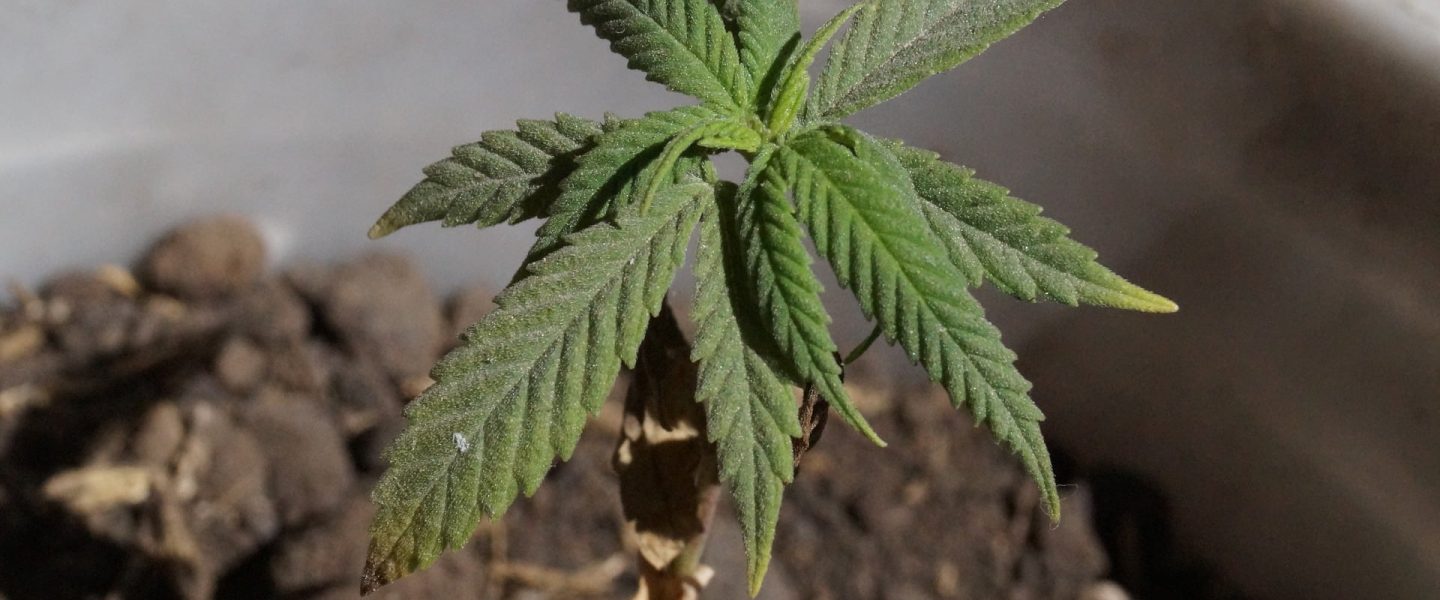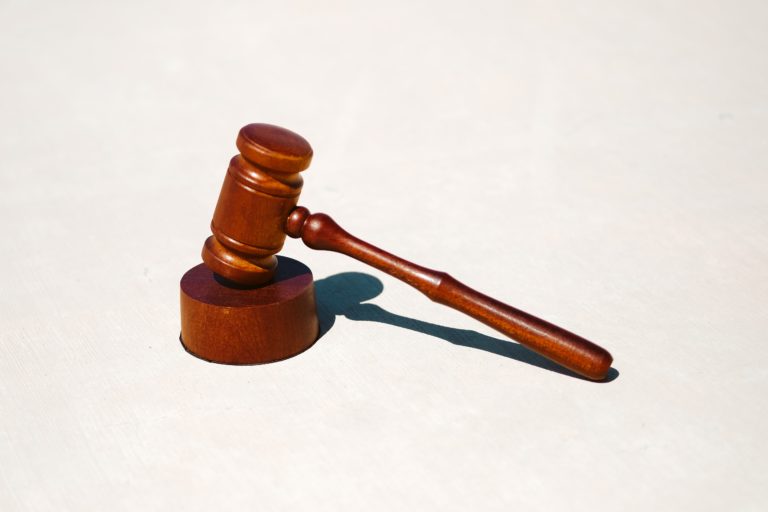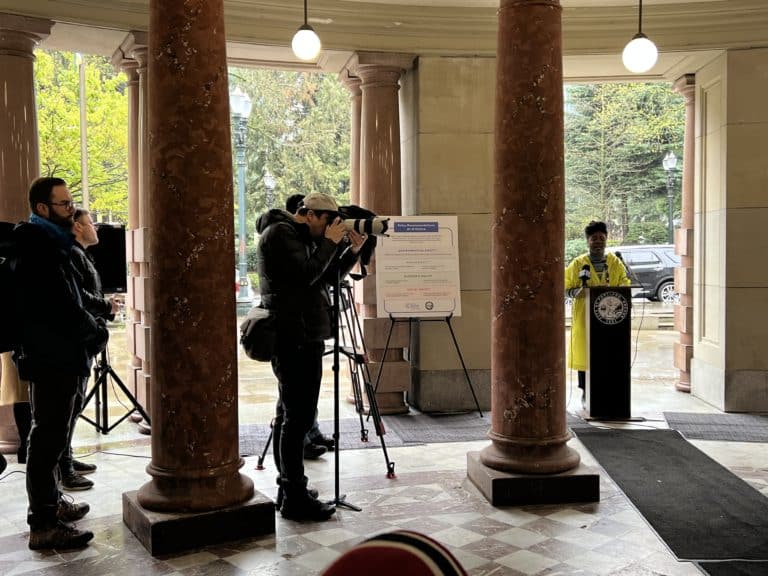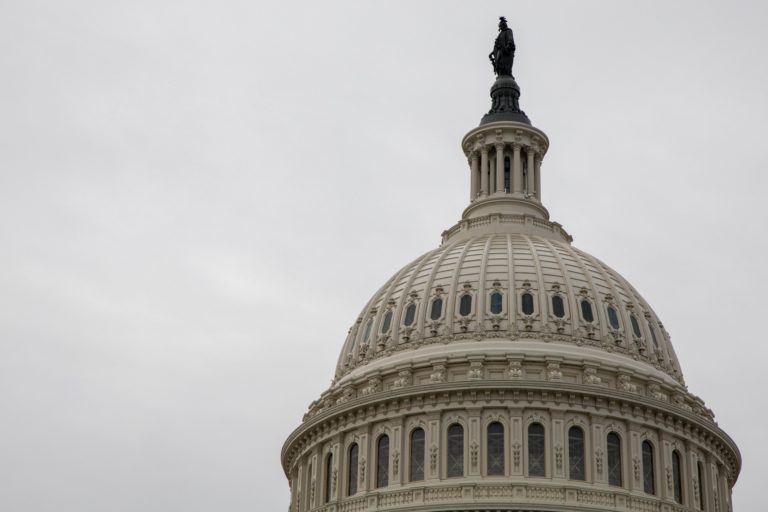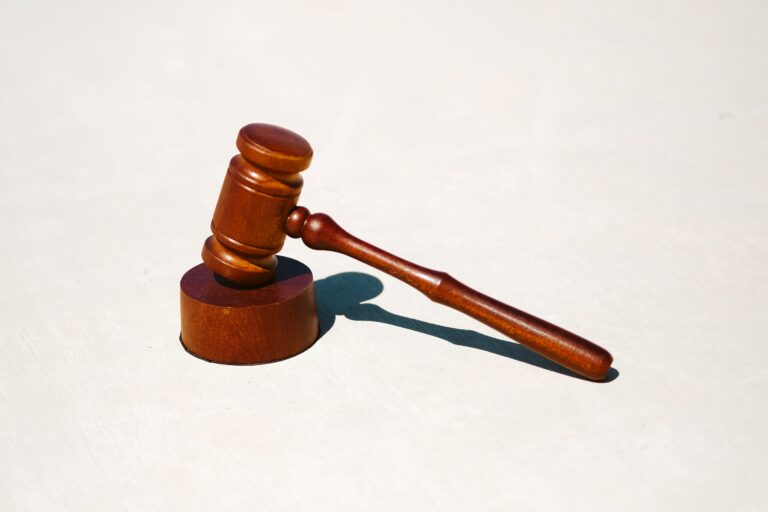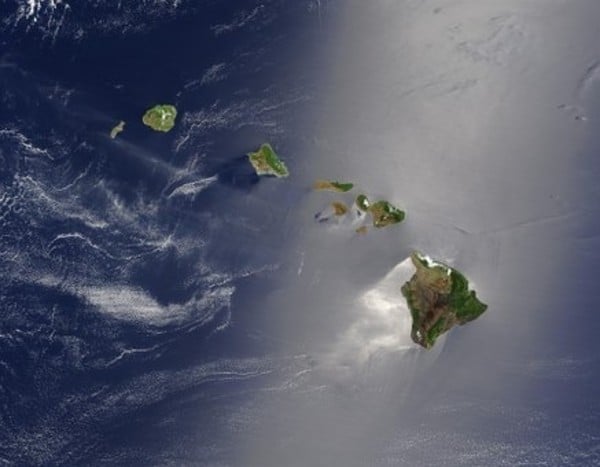
Unlike several other states that have unequivocally chosen to allow medical cannabis to be used in the case of opioid use disorder, Hawaii’s Governor David Ige is contemplating whether to sign a bill to do just that.
Despite the passage in both the House and Senate of SB 2407, Ige filed a notice of intent to veto the legislation in late June.
Rather than signing the bill, Ige intends to defer to the state’s Department of Health (DOH) and support its petition process for adding new conditions. According to the DOH’s website, adding a qualifying condition requires an evidence-based petition that can take up to a year to formalize.
Although Governor Ige has spoken out about the serious opioid crisis facing the country, it is anyone’s guess as to why he is holding off on signing the bill that would allow medical cannabis to be used to help those addicted to opioids.
According to Hawai’i Free Press, the bill has been sitting on the governor’s desk since April.
The Drug Policy Forum of Hawaii (DPFHI) has called on the governor to add “opioid use, substance use, and withdrawal symptoms resulting from the treatment of those conditions” to the list of ailments legally treatable with medical cannabis.
“DPFHI urges the Governor to reconsider this decision in light of developments in other states, previous additions of conditions via legislation signed by the Governor himself and how this bill aligns with the intent behind his State of Hawai’i Opioid Initiative.”
The organization pointed out that Governor Ige’s Opioid Initiative, in which DPFHI participated, calls for “alternatives” to opioids.
Democratic US Representative, Tulsi Gabbard, and Congresswoman Colleen Hanabusa issued appeals to Governor Ige and have asked their supporters to call or email and urge him to reconsider.
If Governor Ige doesn’t sign or veto the bill by Tuesday, July 10, 2018, it will automatically become law in Hawaii.

